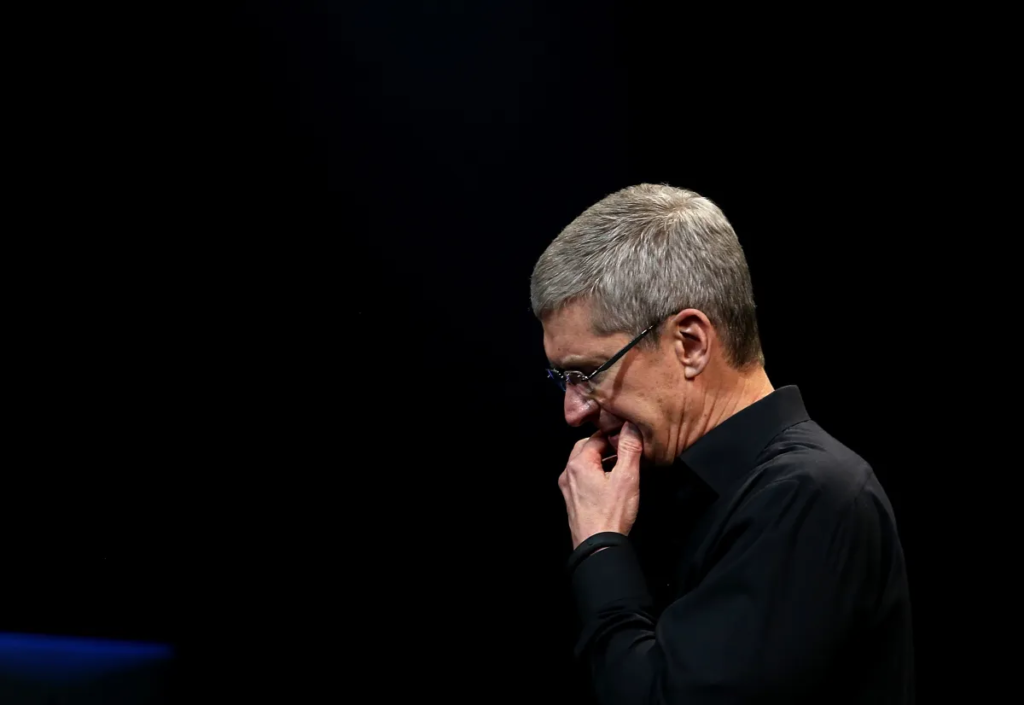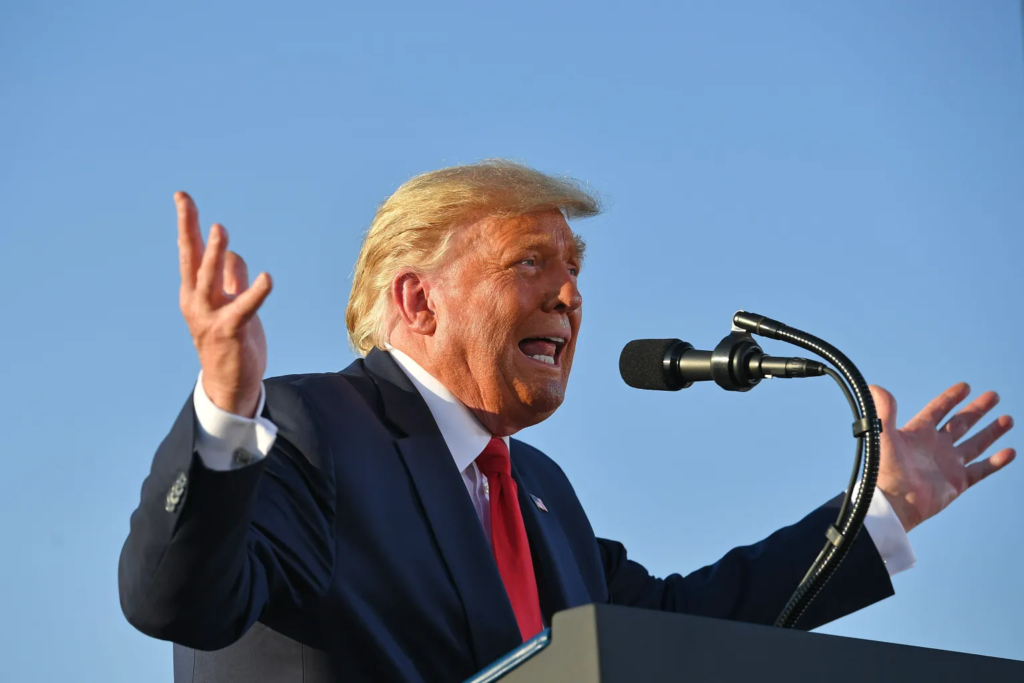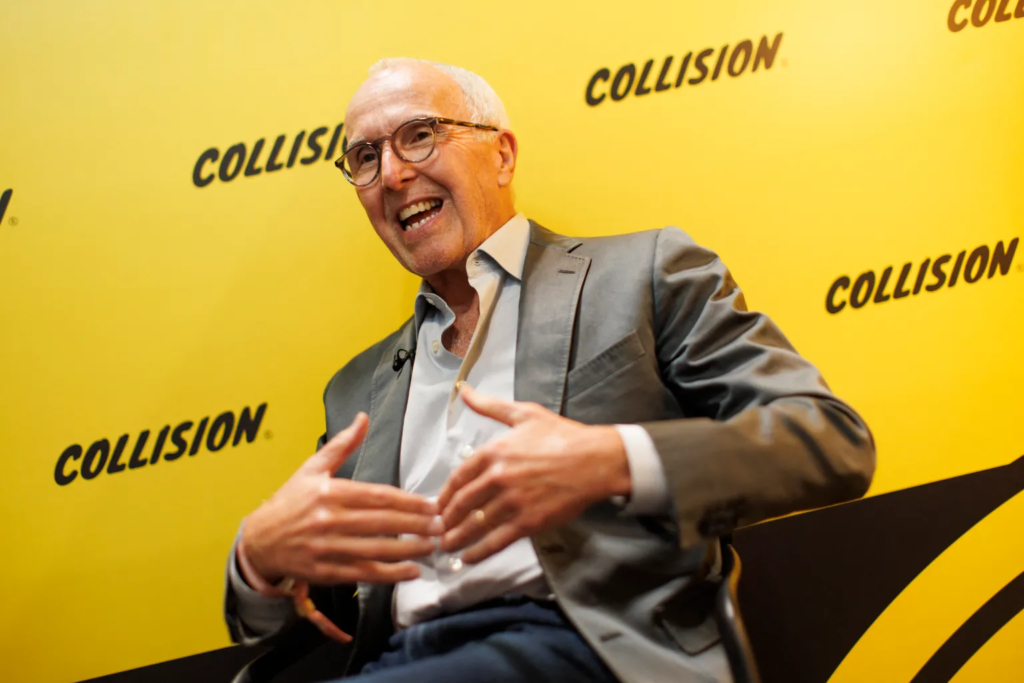China has taken a significant step by prohibiting central government officials from using iPhones while at work, marking a part of its broader strategy to limit foreign influence amidst strained relations with the United States. This move, originally disclosed by the Wall Street Journal, has the potential to adversely impact Apple’s image in its second-largest market. In addition to this restriction, the Chinese government has advised its employees against bringing devices from foreign manufacturers into the workplace.
The primary motivation behind this measure is to enhance national security and minimize the external technological influence within the government. To enforce this, China has instructed certain government personnel to cease using iPhones during official communication via chat groups or meetings. However, it remains unclear whether the government has issued a comprehensive internal directive to this effect.
The escalating technological rivalry between China and the United States has led to both nations striving to reduce their dependence on each other. The U.S. has previously taken steps against Chinese tech giants, such as imposing bans on manufacturers like Huawei and ZTE. Additionally, various government agencies have forbidden their employees from using TikTok on work-related devices. In March, TikTok CEO Shou Zi Chew was summoned to testify before Congress to address concerns about data sharing with China, further highlighting the tension in the tech arena.
In 2021, certain Chinese government agencies barred Tesla vehicles from their premises, prompting the electric car giant to reassure its users that its anti-theft “sentry mode” complies with China’s cybersecurity regulations and stores data locally. Recent years have also seen a nationwide push to replace foreign computer software used by government agencies and state-owned enterprises with domestic alternatives, leading to a surge in the Software as a Service (SaaS) industry.
Apple’s reliance on Greater China, which encompasses Hong Kong, Macau, and Taiwan, is significant for both manufacturing and sales. According to Apple’s Q3 2023 report, this region accounted for nearly 19% of its revenue in the three months ending in July.
According to an investor note from UBS, Apple shipped 3.1 million units in China in July, marking a 2% year-on-year decline. The note also highlighted that China constituted 23% of iPhone sales units over the past 12 months.
However, Apple has consistently faced challenges in its relationship with China, primarily because of censorship concerns related to its App Store. The company, like many Western tech firms, finds itself caught between Western ideals of freedom of expression and Beijing’s insistence on removing politically sensitive content.
In a noteworthy incident last year, Apple restricted the use of AirDrop under “Everyone” settings to just 10 minutes in China, a move that was eventually extended to other regions. Critics speculated that this change resulted from Apple yielding to pressure from Beijing, as Chinese protestors had used the feature to circumvent censorship measures.
This ongoing tension underscores the delicate balance that Apple must maintain as it navigates its complex relationship with China’s government and its commitment to its global customer base.










